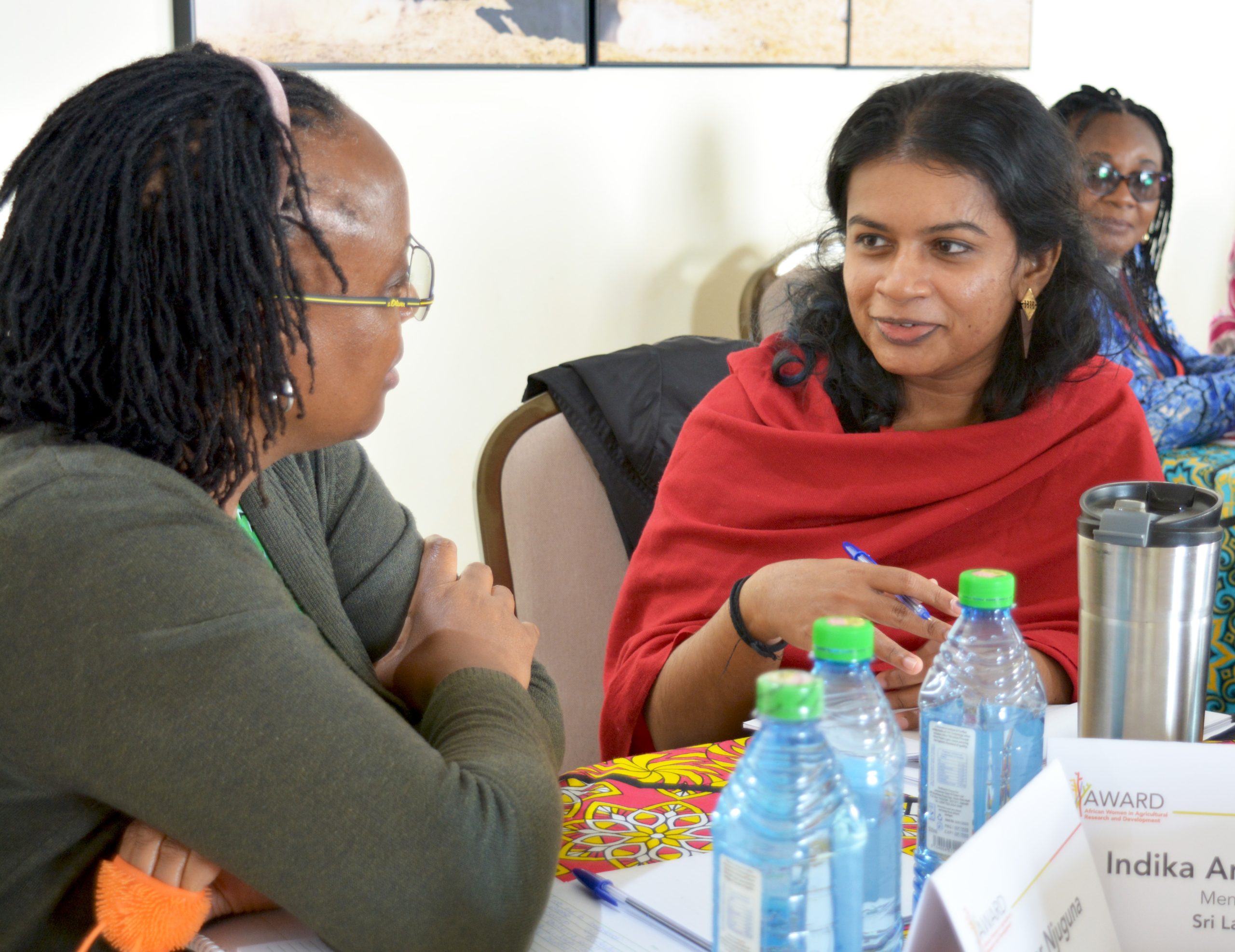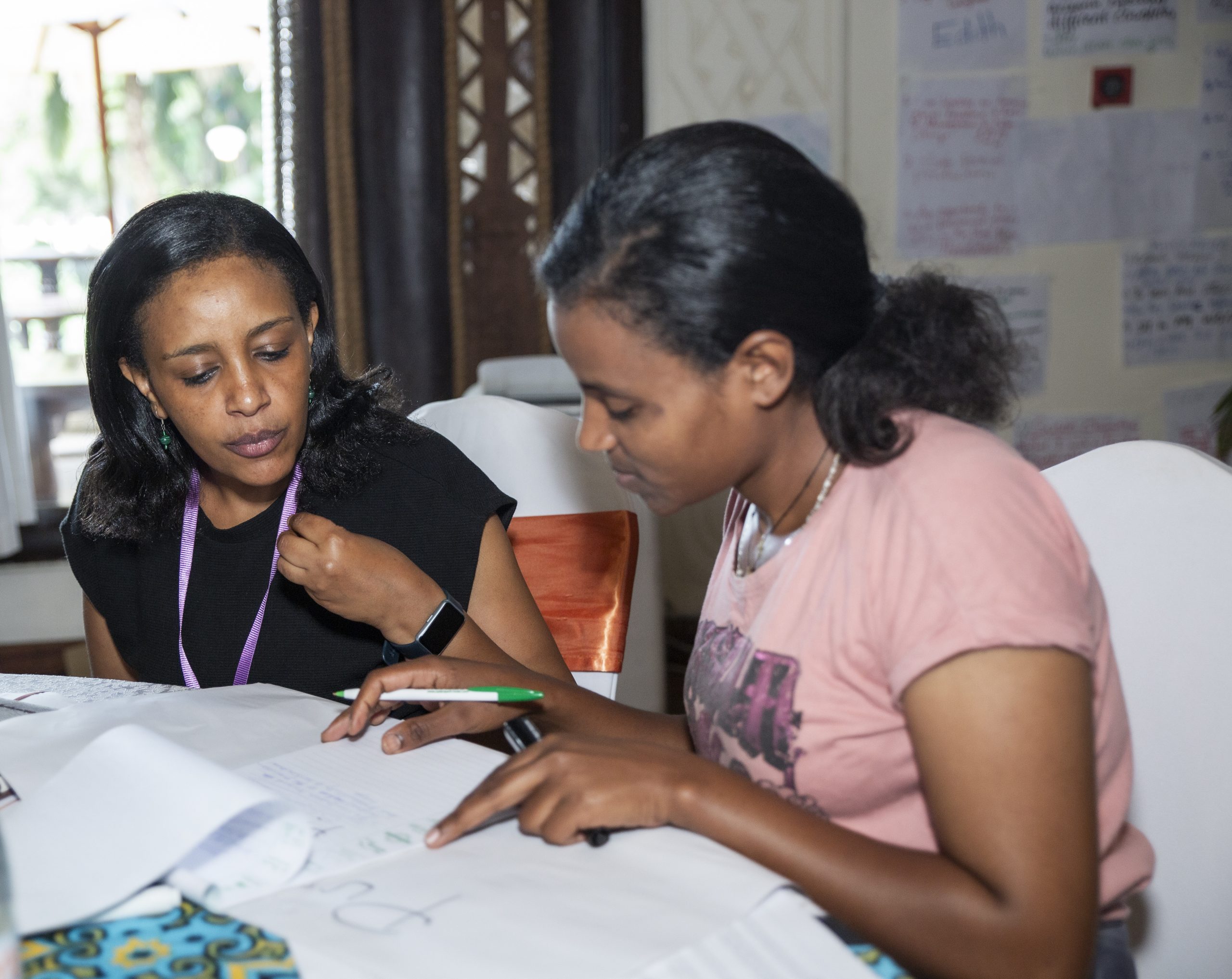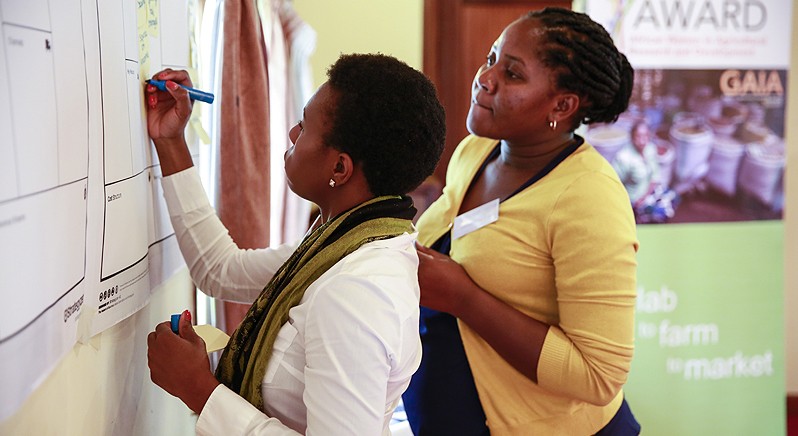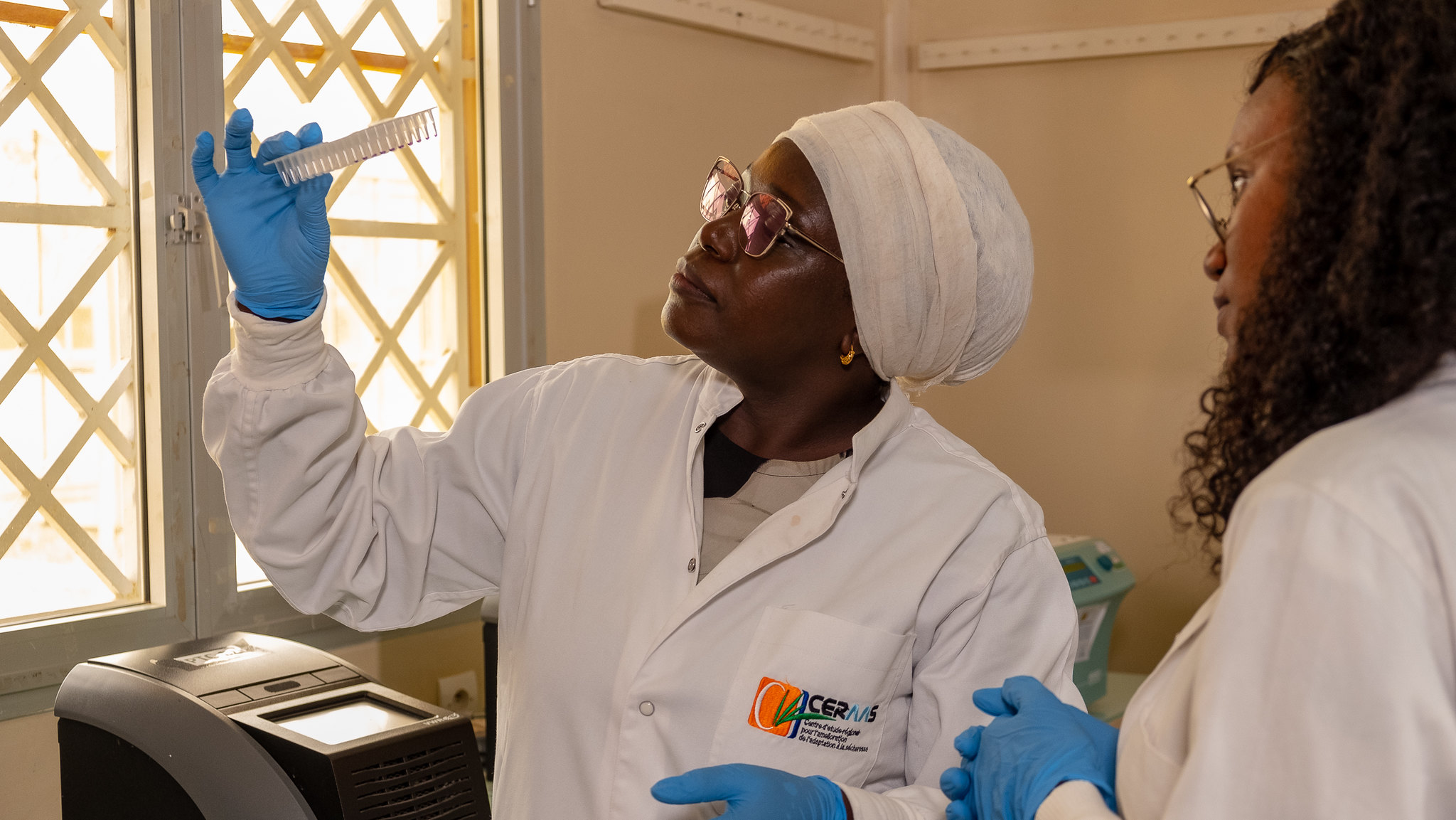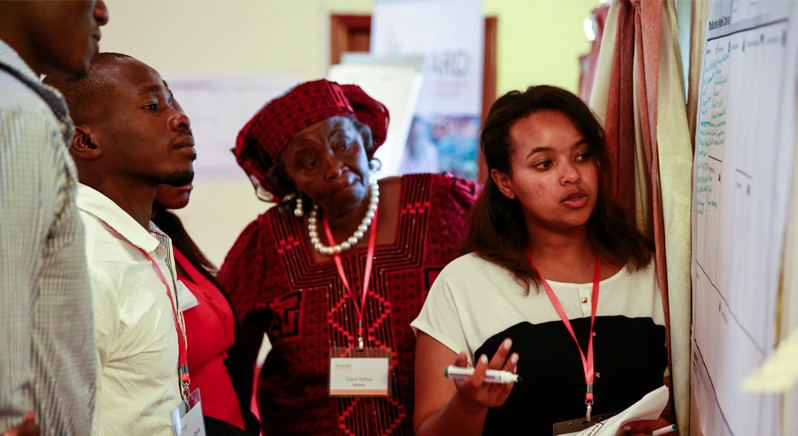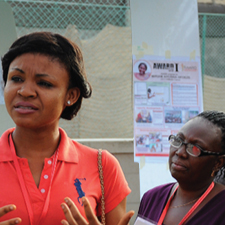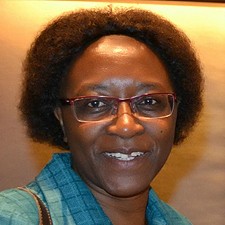To enhance their sustainability, agricultural research institutions need to be proactive and deliberate in preparing entry, middle and senior-level professionals for roles of increasing responsibility. AWARD offers four distinct but complementary leadership courses designed to improve the performance and empower professionals across their institutions.
Leadership for Agricultural Research and Development
This course is intended for both male and female middle- to senior-level managers in agricultural research organisations. The course strives to reconnect the visions of agricultural research institutions to their policies through a leadership curriculum that is based on such values as inclusiveness, transparency, integrity and efficiency.
The five-and-a-half-day course has four unique characteristics:
- A focus on gender responsiveness;
- It is rooted in the African context and values;
- It is grounded in real-life experiences and challenges; and
- The course embraces best practices in global leadership.
Course objectives
By the end of the course, participants will be able to:
- Identify personal and other leadership styles and know how to apply them strategically
- Identify their own personality preferences, particularly as they pertain to emotional intelligence, including increased self-awareness and understanding of how they are perceived by others
- Strengthen their ability to lead diverse groups
- Improve their ability to engage in and contribute to challenging professional conversations and negotiations.
Women’s Leadership and Management Course
As more women take up senior positions in agricultural research institutions, there is need to help them make an impact as soon as possible. This seven-day course is designed to specifically address the challenges and opportunities faced by senior women in agricultural research. It strengthens their leadership and managerial effectiveness by building skills for teamwork, conflict management, creating alliances, and leveraging diversity for good research and business results.
Institutions are then able to create pools of qualified, capable internal candidates for promotion and address gender imbalances that may prevail at upper levels. This training also helps to build a rich network of women professionals in agricultural research who can benefit from better information exchange and professional support.
One special feature of this course is that it incorporates a 360-degree review of participants’ current management and leadership skills. It also provides insights into broader gender issues that women encounter in the workplace.
Course objectives
By the end of the course, participants will be able to:
- Use information gained from skill and style inventories to strengthen their leadership and managerial effectiveness
- Practice essential communications skills, i.e. feedback and facilitation to enhance their leadership effectiveness
- Build and sustain effective team performance
- Constructively manage interpersonal conflicts.
Enhancing Negotiation Skills for Women
This four-day course equips women in supervisory positions, including board members, with the ability to negotiate for their teams, organisations, and themselves. Effective negotiators work for the promotion of their institutional interests as they build collaborative relationships with different stakeholders, manage change and come across conflict situations.
This course is ideal for women who work for national, regional and international organisations as it opens them up to better understand hidden contexts, barriers and opportunities.
Course objectives
By the end of the course, participants will be able to:
- Recognise the fundamentals of different negotiation models
- Understand the multiple ways gender plays out in shadow negotiations
- Assess their own bargaining strengths and weaknesses
- Use proven strategies to position themselves as effective negotiators.
Leadership Skills for Career Development
This five-day course targets emerging male and female scientists and administrators with entry-level responsibilities. It focuses on building their leadership capacity within their organisational settings and results in a strong and loyal workforce that can grow from “within” when new (or vacant) positions become available.
Participants learn how to navigate organisational gender issues, leverage team talents, manage conflicts, and appropriately use their influence.
Course objectives
By the end of the course, participants will be able to:
- Strengthened self-esteem, assertiveness, and confidence;
- Increased ability to actively listen and conduct feedback sessions;
- Improved negotiation skills; and
- Stronger presentational skills.

